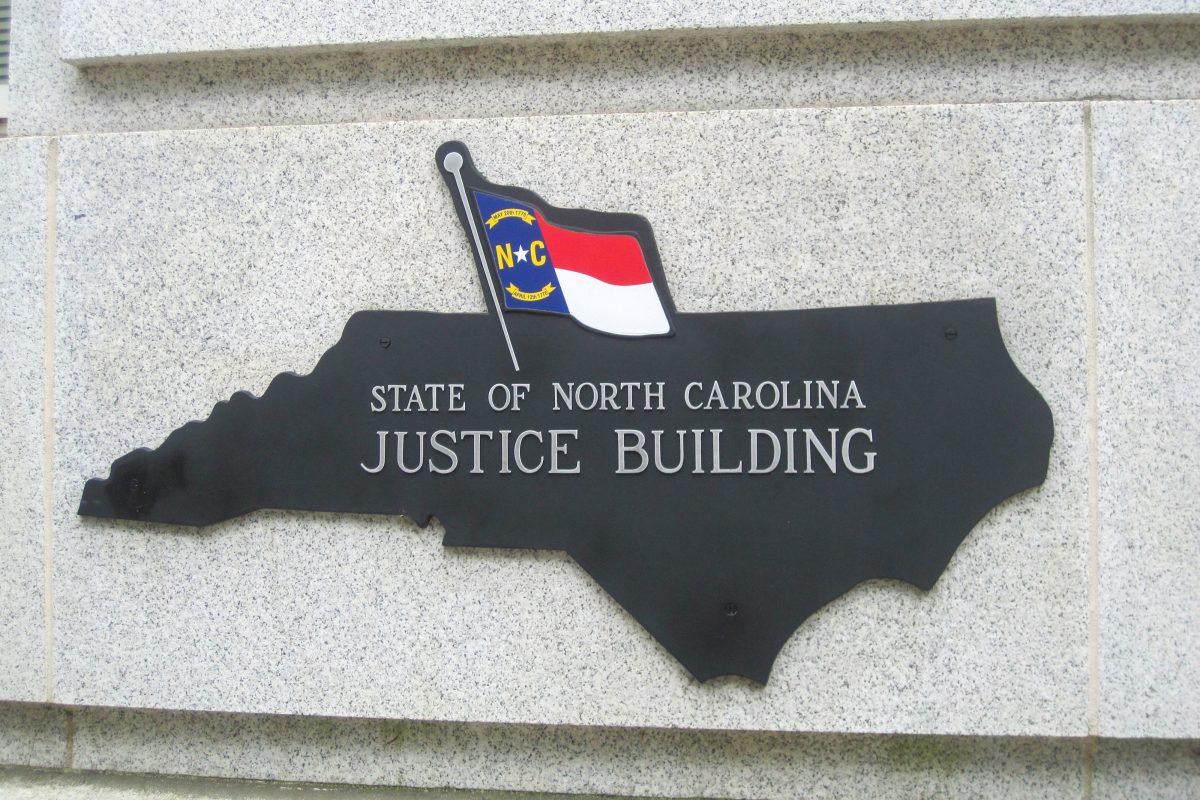The North Carolina Supreme Court race between Jefferson Griffin and Allison Riggs remains undecided more than two months after Election Day, as Griffin challenges the validity of approximately 60,000 votes in an effort to secure victory.
The dispute centers around voter registration forms that lacked spaces for driver’s license numbers or the last four digits of Social Security numbers. Griffin argues that these registrations violate federal and state laws, potentially invalidating tens of thousands of votes.
The North Carolina Board of Elections rejected Griffin’s initial challenge, prompting him to take the case to court. The dispute has since bounced between state and federal courts, with the North Carolina Supreme Court currently pausing the certification of the election results to Riggs, who appeared to have won the election by 730 votes after two recounts.
David McLennan, a professor of political science at Meredith College, said while the absence of driver’s license and Social Security numbers on ballots is an issue, their votes are still legal.
“[Griffin] claimed that 60,000 people should not have been able to vote because they did not have that validating information,” McLennan said. “He wasn’t claiming in his suit that they voted illegally. They met all the other qualifications, except for proper registration.”
McLennan said if the Supreme Court chooses to void the 60,000 votes, it could potentially have larger implications outside of Jefferson and Riggs’ race.
“They could invalidate those 60,000 votes, which has implications for not just that one race, but other races, and there were other close races in North Carolina,” McLennan said. “If they invalidate all 60,000 votes, then that’s going to put the state board elections into a real difficult situation, because they’ve already certified all the other elections. Or they could call for basically another election, which is rare, but it’s been done.”
Former North Carolina Supreme Court Justice Bob Orr said Griffin’s case also includes questioning the validity of about 300 votes from people registered in North Carolina but living overseas, particularly affecting military personnel. He said current Justice Richard Dietz argued such election concerns should be addressed before, not after, voting occurs.
Orr said while errors in voter registration forms occurred, they were purely unintentional.
Elizabeth Lane, an assistant professor of political science at NC State, said these voters likely believed they had done everything correctly.
“These are probably 60,000 votes that these people showed up with their driver’s license and they think their vote is being counted,” Lane said.
The unusual nature of this case — where the North Carolina Supreme Court is deciding on a seat within its own body — has drawn criticism. Lane said it is an inherent conflict of interest.
“They’re essentially picking the person who will serve with them,” Lane said.
Despite these concerns, experts agree on the overall reliability of North Carolina’s election system. Orr said he praises election officials.
“I think we have an incredible system in North Carolina … while there was an error made on the registration form, those things happen — it wasn’t intentional,” Orr said.
However, if Griffin’s challenge succeeds and votes are thrown out, Lane said public trust in elections could be deeply affected.
“These are people who did everything they thought that they were supposed to do right to vote, and now their vote is just not going to count,” Lane said.
Orr said this case is particularly important for students, as he said many challenged votes come from younger demographics.
“Counties where there were younger registered voters, probably a lot of newly registered voters, students on campus, some of them may have just turned 18; they are the group that is being challenged, and so they ought to be interested in sort of advocating for their generation in making sure that their right to vote is protected,” Orr said.
Lane also emphasized the long-term implications for students.
“This decision not only impacts the public’s faith in elections but our faith in our institutions and the people that we have chosen to run those institutions,” Lane said.
As legal proceedings continue on both state and federal tracks, Orr cautioned against jumping to conclusions.
“Let’s let this thing play out … no hard and fast decision has been made on the merits,” Orr said.













